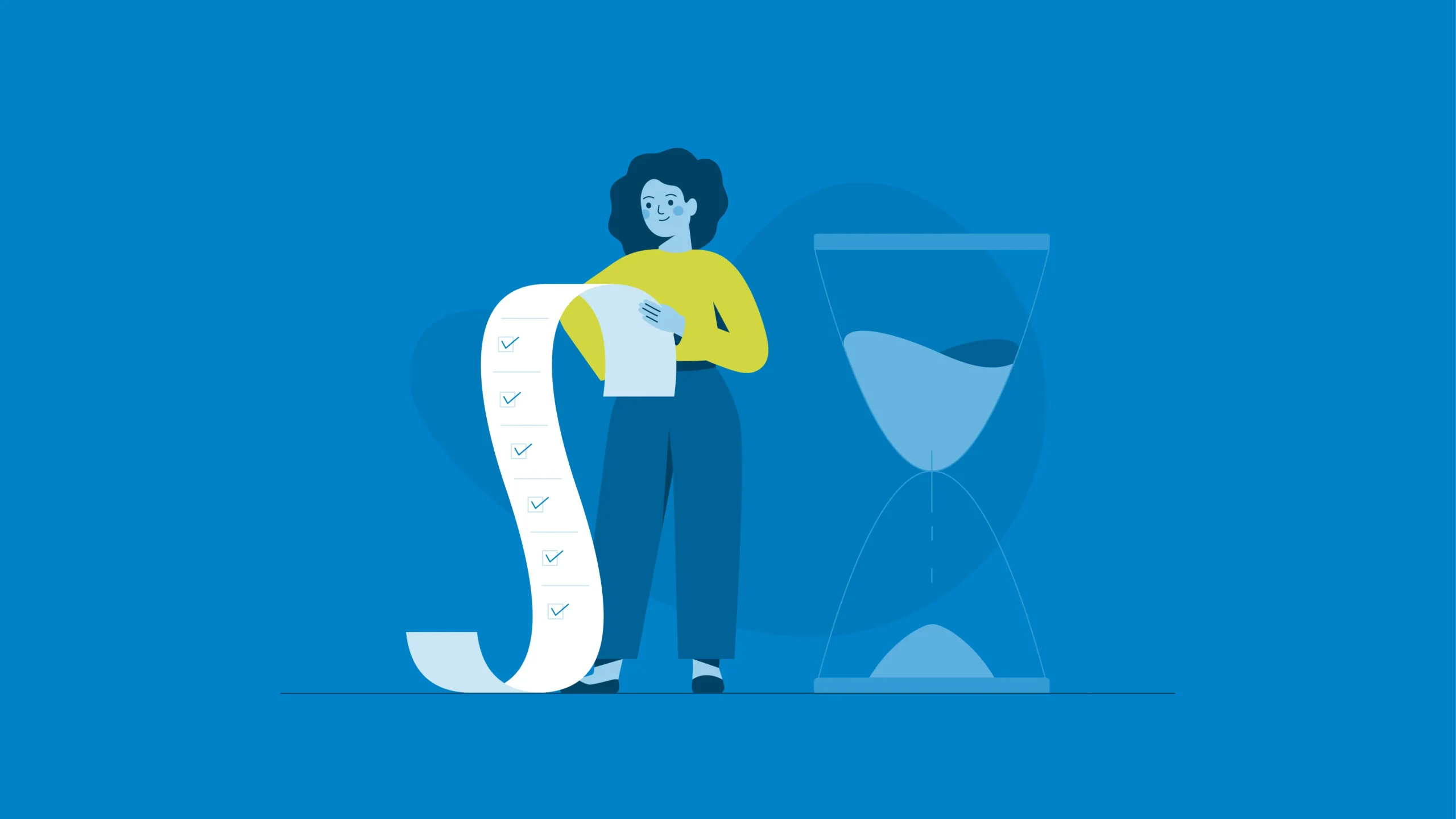Simple answer: anywhere between $7,000 and $300,000.
What’s your next question?
OK, OK, we get it - that’s an enormous range. How do you know where your project will land? What drives the pricing up or down? Here are a few factors to think about.
1. Legal Requirements
These include copyright, data security and privacy, accessibility, and industry-specific regulations will factor into the cost of building a website for your organization.
For example: if your business handles PHI (Protected Health Information), then you must make your website compliant with HIPAA (Health Insurance Portability and Accountability Act of 1996).
Examples of costly legal requirements:
- The use of copyrighted content – To place content like high-quality images on your site, you’ll have to pay for a license to use visual media (often one license per image, sometimes with additional licensing purchases) from stock photo providers.
- HIPAA compliance – You’ll need to obtain an SSL certificate. This isn’t exorbitant, but the bigger your company, the more you’ll have to pay for certification across the board. You may need to partner with a HIPAA-compliant hosting company to cover all your bases with ease, but a business partnership comes with a price tag.
- Data security – For your site security, as well as the protection of your clients’ or customers’ data, it would be wise to pay for web security measures.
2. The Where and How
When it’s time to build a website, there are two crucial things you need to consider: your domain and your host. These are recurring costs separate from the design of the website. In simple terms, your domain is the name of your website – it appears in your URL. Well-known examples of domains in your everyday life are google.com and youtube.com.
Your host is essentially the place where your website will live in the world of the internet, and without a host, your site wouldn’t be connected to (or visible for) everyone else online. The web host also stores your data and information and determines quite a few facets of the site itself.
Areas affected by your web host include:
- Site speed
- Bandwidth
- E-Commerce capabilities
- Site security
With this in mind, your choice in domain and hosting are among the most important choices you’ll make in the entire website process and pricing may vary depending on your specific requirements.
3. Customization
Is your site built off of a template, or is it custom-developed?
Nowadays there are simple web-builder options that allow you to use a template – examples include Squarespace and Wix. Other websites are completely custom-developed and built on their own content management system (CMS). Each of these options, or a combination of them, may be right depending on your circumstance. But how do you decide what is right for you?
Here’s what custom web development can include:
- Designing
- Copywriting
- Optimization
- Image Treatment
- Testing & Reviewing
However, this customization does come with a price tag. If you have to go the template route, we at TwoTone recommend using WordPress as your web builder. Check out our full comparison of the leading web builders.
In this decision process, you also need to consider how big your site will be. Having hundreds of pages will increase build time and cost, especially if each page is custom-made.
We suggest you trim the fat and curate a select number of well-crafted custom pages to achieve maximum impact – not only will you avoid unnecessary costs, but you’ll save site visitors from having to navigate through countless, cluttered pages.
4. What’s On Your Site
One of the biggest factors that makes or breaks the website development process is the content.
If you work with a developer who doesn’t write your site copy, you’ll either need to be a skilled copywriter yourself, or you’ll have to hire someone to write for you.
Keep in mind that copy and design must go hand in hand. Ineffective writing that doesn’t follow a logical sales or informational flow will cause you to lose with customers.
This may lead to a website that:
- Isn’t optimized for SEO
- Lacks a consistent voice
- Is confusing for your audience
Copy is not the area to cut corners to save money. Your best option? Find a developer who writes or has an established partnership with a copywriter.
5. Functional Needs
Depending on your site’s purpose or function, it should have specific technical features built in – like applications and integrations, custom plug-ins for your unique functionality, and e-commerce or payment processing features.
There are thousands to choose from, and few are free. Unfortunately, your site cannot get by without at least a few of them.
Consider these options for your site:
- Automation platforms for emails, video players, a site-wide notification bar, and pop-ups that capture leads for an email marketing system
- Gravity forms for dynamic and conditional online forms, code plug-ins, site backup and migration, and software keeping server-stressing spambot traffic away
- Accessibility plug-ins, translation features to translate pages into different languages for users, and chatbot features
- E-Commerce or payment processing features (like storing customer information for future purchases, calculating taxes, and generating tracking numbers), as well as customer portal or account login features
6. Marketing and Measurement
After your site is built, how will you drive traffic to it? How will you measure the effectiveness of the traffic you are getting? This is the final cost to consider in any website project.
In order to monitor the success of your efforts, you’ll need to install analytics to collect data.
Analytics can help you track:
- Traffic to your site – How many visitors do you get to your site?
- Bounce rate – What percentage of your visitors only view one page and immediately leave the site altogether?
- Time spent on the site – How many active (not idle) minutes do visitors spend on your site?
- Conversion rate – What percentage of visitors respond to your CTA by scheduling an appointment, making a purchase, etc.?
- Pages per visit – How many pages do your visitors view and interact with while browsing your site?
BONUS: Gain more valuable insight into the web development process by checking out our resources.
Don’t get blindsided by hidden costs or overspend on areas of a website your business may not need. Build a website you can be proud of – with a bill you can afford.
Need to create a new website or revamp an old one?
Book a free 15-minute Discovery Call with TwoTone and we’ll help you choose a website development plan that’s right for you.

With more than 10 years of agency experience, Jenny has had the privilege of working with a large variety of brands. She loves partnering with other business owners and entrepreneurs, and specializes in brand development. From digital marketing to online course creation, Jenny’s knowledge and skillset has prepared her to be a successful creative director.













